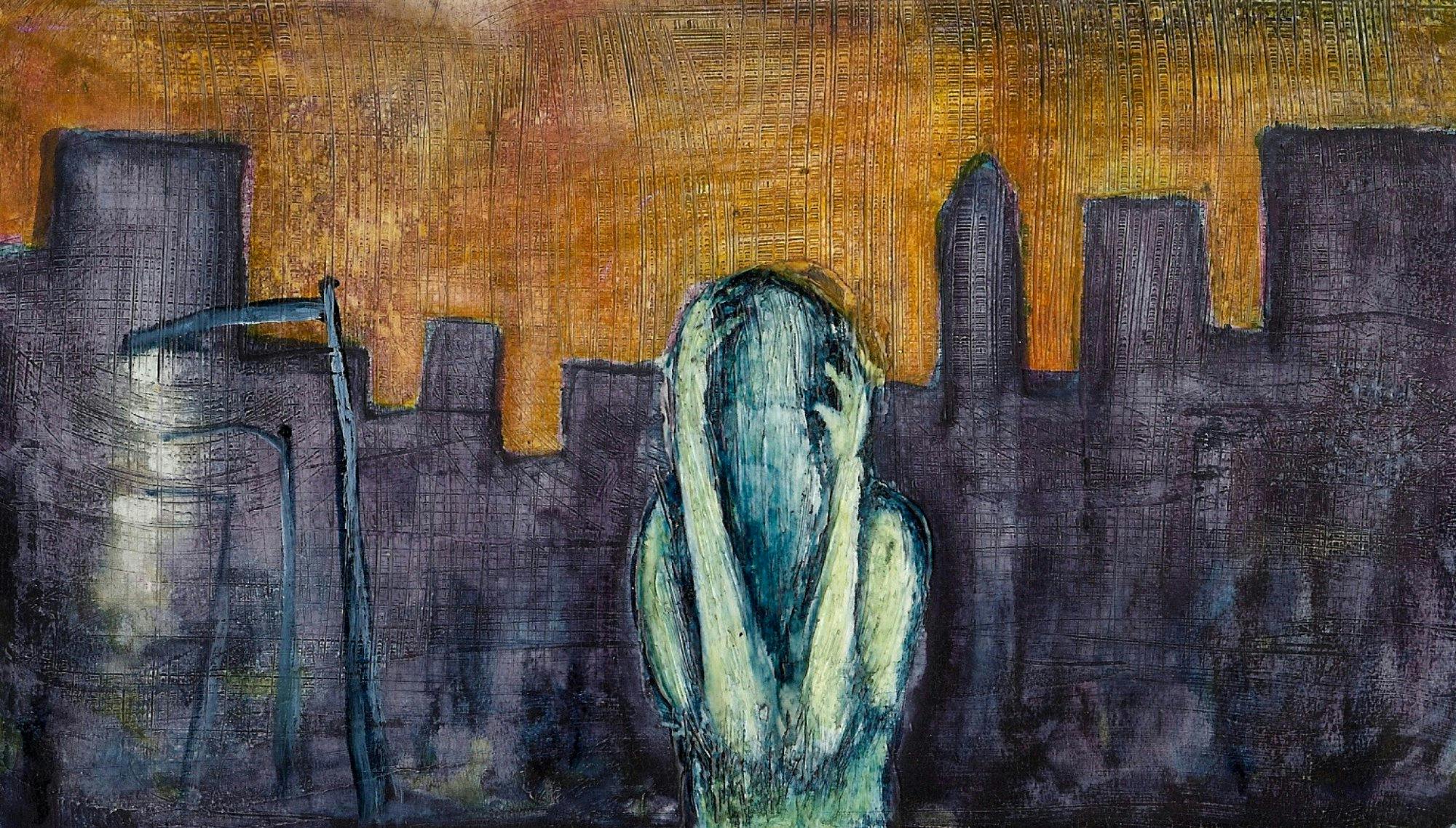For the Social Entrepreneur, Angst is Good.
By John McNeel in Guest Blogger
April 18, 2017 04:00
For anyone looking at the world today, angst is a highly appropriate and proportionate response. Whether it's the economy, politics or society in general, things seem seriously akilter.
For the social entrepreneur, that underlying sense of angst is a powerful motivator. The gnawing recognition that things are seriously broken gives rise to a desire to fix them.
Sadly, too many social entrepreneurs with a killer idea to make things better fail because they spend more time worrying about the state of the world than about the state of their business. Because before you can make the world better place, you actually need to achieve the means to do so.
A healthy dose of angst is therefore something the social entrepreneur should not only experience but embrace. Cultivating angst, about not just the why (which is always somewhat easy to figure out when it comes to social good) but about the how -- how to change things effectively, how to truly move the needle on a social impact goal -- is what really marks the difference between a successful social entrepreneur and simply a well intentioned one.
In the world of Purpose, angst is the corollary to what Andy Grove of Intel captured memorably for the world of technology when he said, “Only the paranoid survive.”
What Grove meant was that no business idea, no matter how good, is shielded from the onslaught of the unexpected — the competitive threat coming from left field, the sudden macro-economic game changer, the unplanned process meltdown, the devastating upheaval that was never part of your business plans.
The effective business leader, Grove thought, was one who was always looking simultaneously over his shoulder and around the next corner — and one who knows that anticipation of the worst is often the best way to protect yourself from that eventuality actually happening.
When it comes to launching a venture in the social good space, it’s all too easy to be buoyed and coddled by the outpourings of admiration and support one is likely to get the minute one announces one’s noble scheme to change the world for the better. “That’s awesome!” “Making a difference — how inspiring!” Etc etc.
Positive reinforcement is never lacking for the social entrepreneur.
But succumbing to the feel good factor can spell the demise of even the very best social good ideas. Nurturing that angst in the back of your mind is the best way to avoid drinking your own Kool-aid. It’s the best way to keep yourself honest. It’s the best way to worry about what really matters in the end: your ability to meet an unmet need, deliver an innovative solution and go beyond the intentions to deliver truly meaningful results.
Today, there is such a huge appetite for the social good venture — since we all know Millennials are all about making the world a better place, right? — that many half-baked ideas imbued with purpose seem to get carried forward by a general suspension of disbelief. It takes them longer to fail simply because people so desperately want to see them succeed.
By embracing angst, as a social entrepreneur, you can make sure that your real results are not clouded by the warm glow of your social vision; that you keep in mind that ROI is not a dirty word when it comes to purpose; that any social good delivery mechanism is only as good as the number of people who actually adopt it; and that, in the end, even a social business needs to be first and foremost a viable business.
As my partner Ammar says, “It’s not enough to simply dream about change — you need to engineer it."
So here are a few of the angst-fueled topics the social entrepreneur can brood upon, sweat profusely about and lose sleep over if he or she wishes to be truly successful in engineering societal change:
- Beyond being naturally awesome, is my idea truly actionable?
- Is my idea to make a difference truly different (and unique) in its own right?
- Will my idea do more than just change attitudes, but also change behaviors?
- Is my idea likely to be sustainable over time?
- Could somebody else come up with a better idea to deliver what my idea purports to deliver?
- Will my idea generate enough supporters, revenues or investment to make it viable?
- Can my idea stand up to the toughest scrutiny and the fiercest competitive forces?
- Do I wake up at night worrying not only about whether my idea will do enough good, but whether my idea is good enough?
If you truly embrace your inner angst, you’ll find your own million things to worry about. And none of them should make you feel any less inspired or good about what you are setting out to achieve. It’s just that angst may be your best friend in helping get you there.
So, in the end, if you want to become a successful social entrepreneur (and even if you don't speak German) simply repeat after me:
Angst ist gut!

